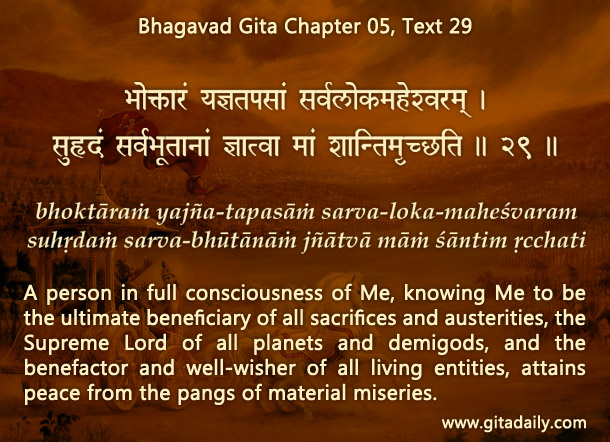Self-consciousness can be a big burden for many people. When they interact with others, especially in public settings, they are choked by their self-consciousness: “I stutter; I have low IQ; I weigh too much.”
How can we deal with such self-consciousness? By properly understanding our place and purpose in the overall scheme of things.
We all are finite beings; naturally, we have some limitations. While being conscious of our limitations may be functionally necessary, being conscious only of our limitations can be psychologically damaging. Such self-consciousness becomes like a heavy burden that buries us alive, leaving us with no self-confidence or energy.
To overcome self-consciousness, we need to get out of ourselves. Suppose we see someone sleep-walking near the edge of a tall terrace. Even if we stutter, we will still call out loudly to warn them about the danger.
What enables us to overcome our self-consciousness? Becoming conscious of something bigger than the self – in this case, becoming conscious of the danger the other person is in.
Gita wisdom helps us expand our consciousness by explaining that our life is meant for something bigger than ourselves – we are parts of the ultimate reality, Krishna (15.07). He is the omnibenevolent Lord of everyone (05.29). When we strive to do our various roles and responsibilities in a mood of service to him, he can empower us beyond our capacities. And soon, we start seeing that, despite our deficiencies and defects, we too can do some good.
When we thus appreciate the potency of working in a mood of service, we start replacing our self-consciousness with a far more empowering service consciousness.
Think it over:
- How can self-consciousness burden us?
- Explain with an example of how getting out of ourselves can help us overcome self-consciousness.
- How can Gita wisdom help us grow out of self-consciousness?
To know more about this verse, please click on the image
Explanation of article:
https://www.youtube.com/watch?v=4-ZjKT1Hra4&feature=youtu.be
Podcast:


This is so helpful. They always are. I have shared them with friends as well. Many thanks. These really make a difference in my life shaping my faith in God. Amen.
Thanks for your comment; grateful to know that these articles are aiding you in your spiritual journey.
please keep it up
The example given is indeed motivating. It is coming across such simple examples which counts a lot on the path of progress.
Grateful to be of service.